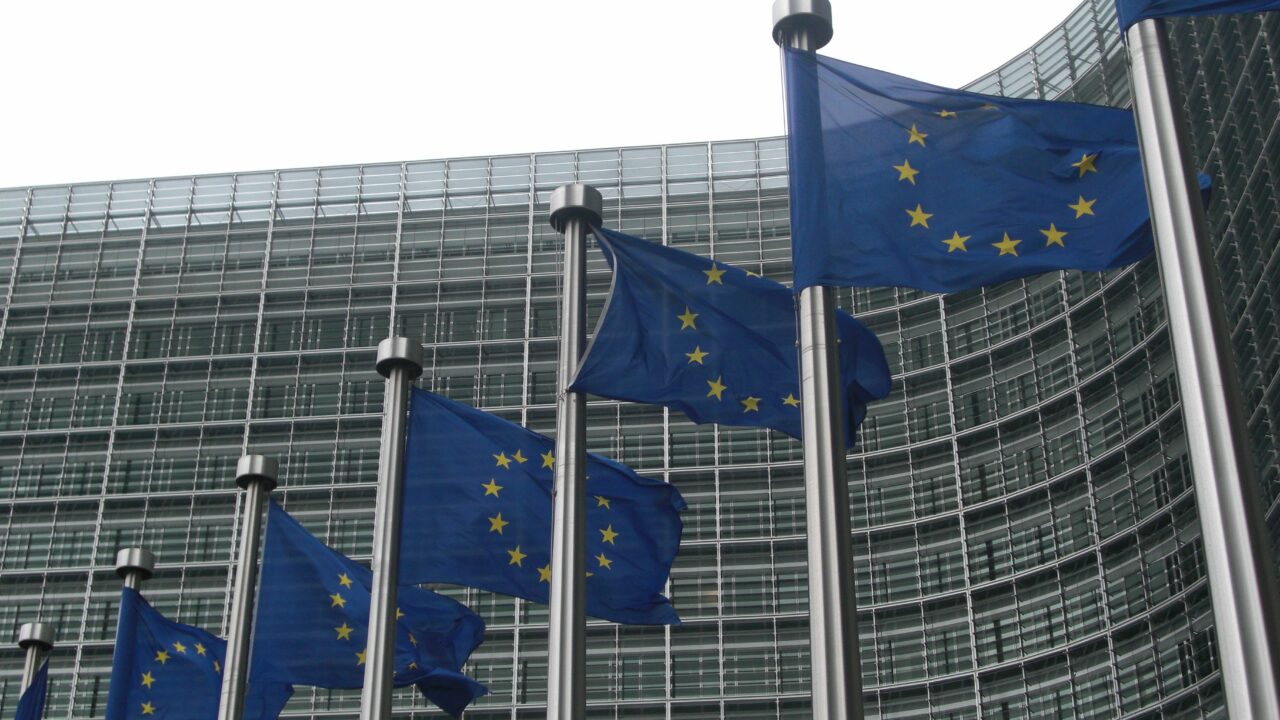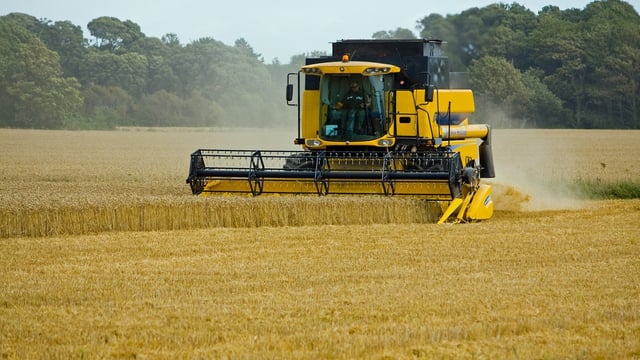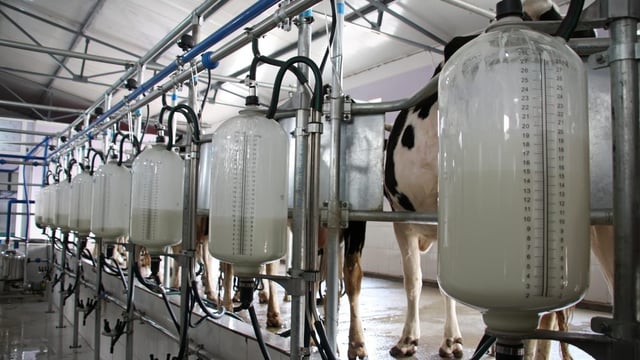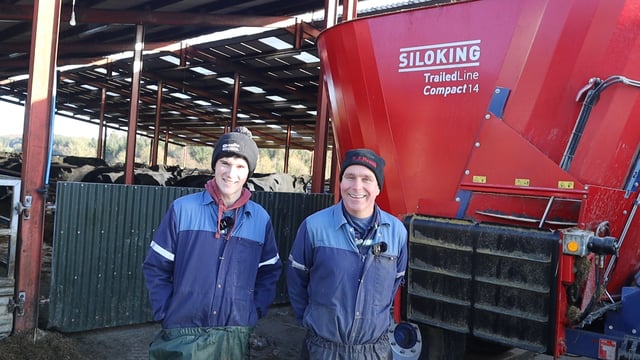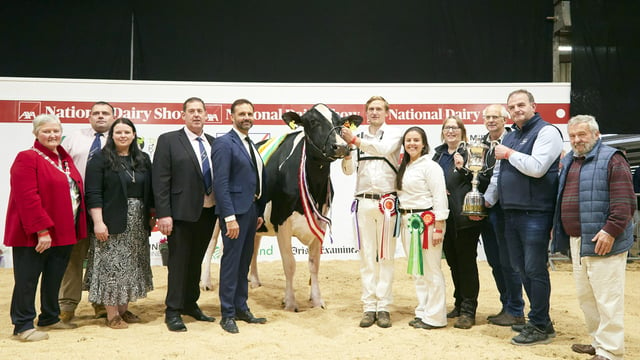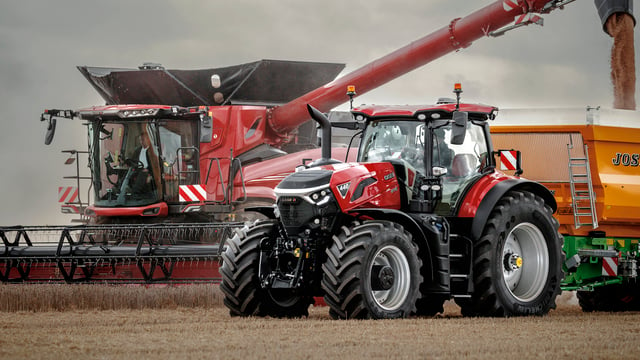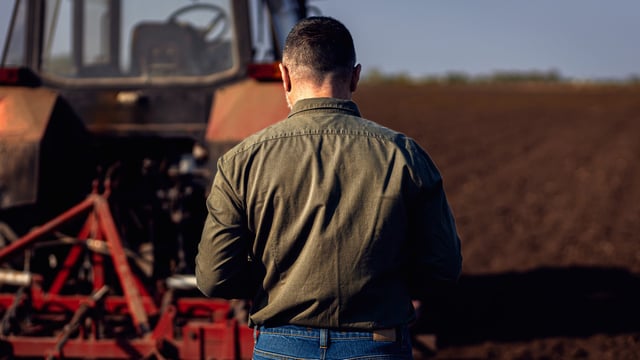EU plans 'unprecedented' safeguards to protect farmers in Mercosur deal
The European Commission has today (Wednesday, October 8) proposed a regulation to strengthen protections for EU farmers in the context of the EU-Mercosur Partnership Agreement (EMPA).
It claims that he proposed safeguards deliver on the guarantees provided to EU farmers under the EMPA legal proposal, sent to EU member states by the commission on September 3, 2025.
According to the commission, in practice, they provide an additional layer of certainty to EU farmers beyond the phase-in of targeted quotas that have been agreed with Mercosur for imports in sensitive sectors.
"In the unlikely event of an unforeseen and harmful surge in imports from Mercosur or an undue decrease in prices for EU producers, swift and effective protections would kick into gear," the commission stated.
The deal will allow 99,000t carcass weight of Mercosur beef - mainly from Brazil - to enter the EU at a much reduced tariff rate of 7.5%. The quantity of beef under this quota will be phased in over a five-year period.
Protection from Mercosur imports
The proposal lays down procedures to which it said will guarantee the timely and effective implementation of bilateral safeguard measures for agricultural products.
It also includes specific provisions as regards certain sensitive agricultural products such as beef, poultry, rice, honey, eggs, garlic, ethanol, and sugar.
The specific provisions for sensitive products include enhanced monitoring, clear triggers, and rapid response.
The commission said it will systematically monitor market trends regarding the imports of certain sensitive agricultural products under the agreement.
On the basis of these results, the commission will send a report to the European Council and the European Parliament every six months assessing the impacts of these imports on the EU markets.
This granular monitoring is expected to allow the identification of any risks at an early stage, and "swift action" to remedy potential negative impacts.
Such reports shall cover the EU market and, if relevant, also cover the specific situation in one or several member states, according to the commission.
Triggers
The commission added that it will examine, as a matter of priority, cases where there is a surge of imports or a decrease in domestic prices concentrated in one or several member states.
The commission will then launch an investigation if import prices from Mercosur are at least 10% lower than prices of the same or competing EU products and there is:
- A more than 10% increase in annual imports of a product from Mercosur under preferential terms;
- Or a 10% decrease in the import prices of that given product from Mercosur, all compared to the preceding year.
If the investigation concludes that there is serious injury (or threat thereof), the EU could temporarily withdraw tariffs preferences on products causing injury.
Under the proposal, the commission commits to:
- initiating an investigation without delay upon request of a member state, where there are sufficient grounds;
- activating provisional safeguard measures in no more than 21 days after receiving the request in most urgent cases, if there is sufficient risk of harm;
- aiming to conclude the investigations in four months (substantially quicker than the 12 months otherwise allowed by the EMPA).
Background
The bilateral safeguard clauses included in the EMPA allow for the temporary withdrawal of tariff preferences to counteract possible negative impacts of tariff reductions.
Today's proposal translates this clause directly into binding and immediately enforceable EU law, the commission stated.
The regulation proposed today by the commission will need to be adopted by the European Parliament and the Council.
Commissioner for Trade and Economic Security, Maros Sefcovic said: "Promoting the economic competitiveness and societal importance of our farmers will always be the EU trade agenda’s top priority.
"On the one hand, we must continue finding new export opportunities worldwide for their peerless products. On the other hand, we must provide all necessary protections to our farmers in the context of certain trade deals.
"These safeguards embody that core principle. We have listened to our farmers, we have reflected, and now we have acted – in their interest.
"We believe that with this cast-iron legal guarantee, our farmers can now support the Mercosur deal with confidence, and we trust the co-legislators will now treat this proposal as a priority, so that the regulation can be adopted ahead of the signature of the EU-Mercosur agreement."
Commissioner for Agriculture and Food, Christophe Hansen added: "The safeguards we are attaching to the EU-Mercosur deal are unprecedented.
"With today’s proposal, the EU agri-food sector can be confident that the commission will always be on their side.
"In view of the concerns expressed, it was necessary to add an extra layer of protection, which is what we are doing now. We have heard the farmers’ concerns, and we are acting on it.
"The commission will be ready to act swiftly and decisively in case of need to protect the interests of our agri-food sector."

